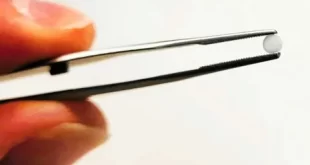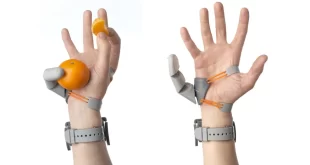About the Project
AHRC Collaborative Doctoral Partnership
Applications are invited for a PhD studentship, to be undertaken at Imperial College London (Electrical and Electronic Engineering Department) and the National Gallery (Scientific Department). This studentship will be jointly supervised by Professor Pier Luigi Dragotti at Imperial College London (ICL) and Dr Catherine Higgitt at the National Gallery (NG). The student will be based at ICL and will spend concentrated periods of time at NG. This is an exciting interdisciplinary project involving close collaboration between engineers with expertise in machine learning and image processing, heritage scientists, conservators and curators.
Summary of Project:
In the cultural heritage sector, there is a long tradition of using complementary imaging techniques to further understanding of artworks, looking at and below their surface. The imaging techniques (or modalities) used include visible images taken at different magnifications, images taken using different forms of radiation (e.g. infrared reflectograms and X-radiographs) and images derived from datacubes generated using newer spectroscopic imaging techniques such as macro X-ray fluorescence scanning (MA-XRF) and reflectance imaging spectroscopy (RIS). These multimodal datasets contain a wealth of information which when properly exploited offer unprecedented insights into the creation and history of Old Master paintings, including conservation and deterioration. This work provides new knowledge and discoveries that can be communicated in a very visual way to the public, including through a range of digital media, enhancing their engagement with paintings.
The generation of huge bodies of data using different imaging techniques poses new image processing challenges that cannot be addressed with traditional approaches. Images needs to be registered and they are often at very different resolutions. Further, there is the possibility to take advantage of the existence of many different image modalities available for a particular artwork. The aim of the project is therefore to develop Machine-Learning (ML)-based registration and resolution enhancement workflow for imaging data from artworks allowing information transfer across scales and modalities.
Funding:
The studentship is open to both Home and International applicants and covers home level tuition fees and a stipend of approximately £21,500 per year (tax-free).
International students will need to pay the difference between overseas and home fees. The PhD studentship starts in October 2024 and is for four years (full-time) or up to eight years (part-time). The student will receive additional support towards further research expenses over the course of the research studentship, including support to attend international conferences.
Eligibility:
Applicants must have a good first degree (usually a minimum 2:1) or Masters degree (or equivalent experience) in Electrical/Electronic Engineering, Mathematics, Physics or related areas. They should be highly motivated individuals with a keen interest in conducting interdisciplinary research. Students must also meet the eligibility requirements for Post Graduate Studies at Imperial College London and UKRI terms and conditions for funding: https://www.ukri.org/manage-your-award/meeting-ukri-terms-and-conditions-for-funding/
Further Information and application:
For informal enquiries, please contact Professor Dragotti (p.dragotti@imperial.ac.uk) or Dr Higgitt (catherine.higgitt@nationalgallery.org.uk). Please apply for Post Graduate studies at Imperial College London here indicating Professor Dragotti as chosen supervisor. The application should include a covering letter, and your CV.
Closing Date: 2nd June 2024
Caractéristiques de l'emploi
| Catégorie emploi | Doctorat |
 Etudes Non Stop Etudes Non Stop
Etudes Non Stop Etudes Non Stop



